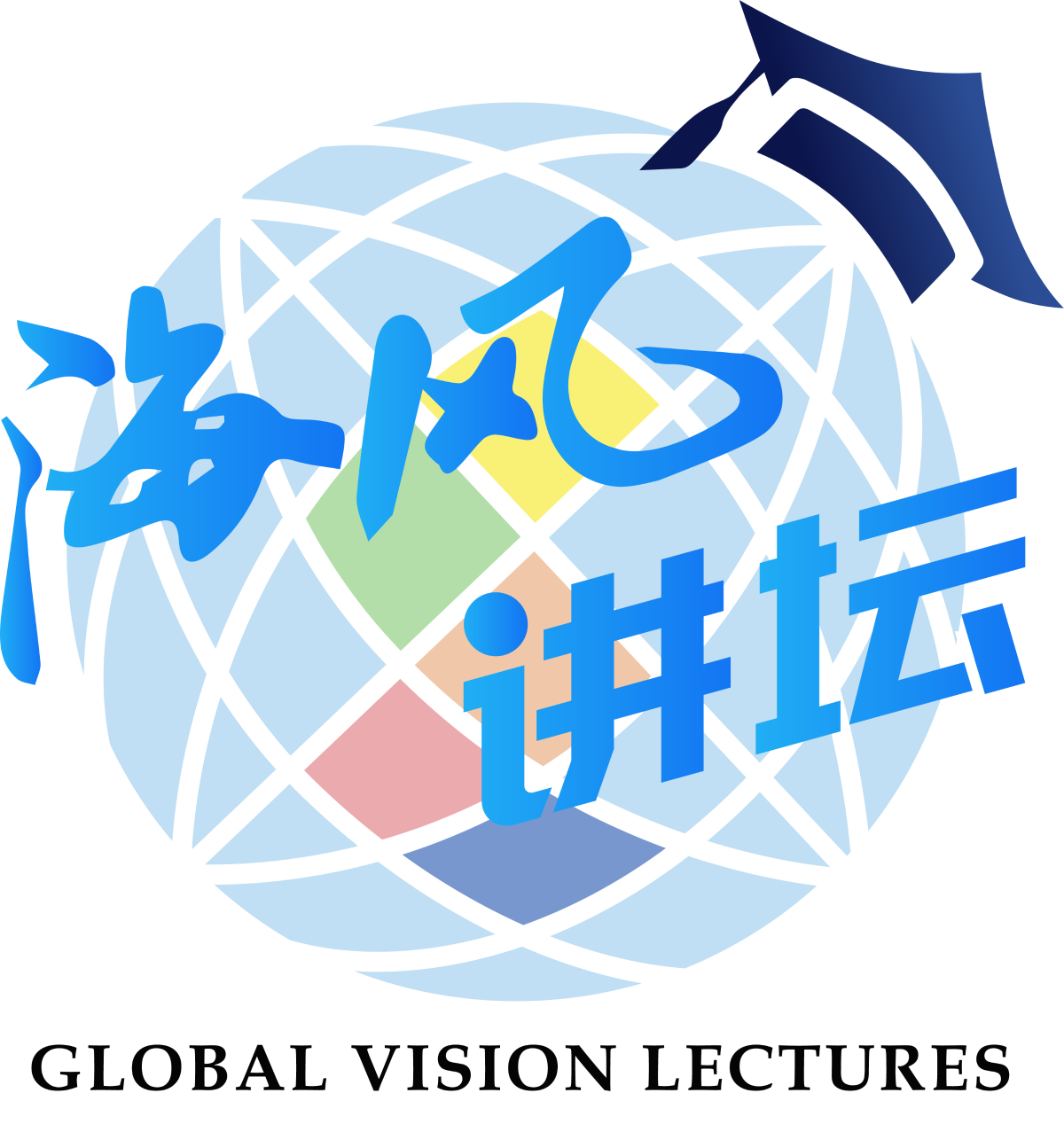In the wake of the COVID-19 pandemic, China University of Petroleum Beijing (CUP) has revitalized its mission of fostering global academic exchange and cooperation by launching the 2024 Global Vision Lecture Series. As a key component of its "Global Vision" initiative, the lecture series provides a platform for knowledge exchange between leading international experts and promotes advancements in green energy transition. This series not only supports CUP's UNESCO Chair on "Carbon Neutrality and Climate Change-Driven Green Transition," but also aligns with the university's "Global Competence Enhancement Program." Since its launch, the series has played a pivotal role in reconnecting global academic communities and providing CUP students and faculty with invaluable international perspectives.
Since March 2024, CUP has successfully hosted 38 lectures featuring 41 internationally renowned experts, including five national-level academicians. These lectures have broadened CUP’s international cooperation efforts and increased the visibility of its collaboration with foreign experts. Additionally, they have fostered new academic partnerships with universities in Russia, Malaysia, France, and the Netherlands. Covering both broad and specialized topics, these lectures have enriched the academic experiences of faculty and students alike, helping to enhance their global academic perspectives.
The Global Vision Lecture Series has been warmly embraced by both students and faculty. Its inclusion in the university’s “Second Classroom” initiative has significantly heightened student engagement, turning the series into a highly anticipated academic event. With its growing reputation as a cornerstone of campus culture, the series regularly fills to capacity. Many students are eager to attend, making it one of the most sought-after events on campus.

Highlights from Key Lectures
March 28: Dr. Wolfgang Eichhammer, Fraunhofer Institute for Systems and Innovation Research (Germany)
Dr. Eichhammer's lecture titled "Climate Neutrality, Renewables, Hydrogen Economy, and Energy Efficiency – Common Challenges for China and Europe" offered a comprehensive analysis of global policies and strategies to combat climate change. He highlighted the critical role of energy efficiency in achieving climate neutrality and provided insights into the European Union's roadmap. Dr. Eichhammer also explored the development of hydrogen energy, using data and visual aids to present a detailed view of the energy landscape in China and Europe. Discussions with students covered topics such as carbon trading and the integration of AI technologies in climate initiatives.
April 9: Professors Alexey Cheremisin and Sergey Stanchits, Skolkovo Institute of Science and Technology (Russia)
Professors Cheremisin and Stanchits gave back-to-back lectures on advancements in the energy sector. Cheremisin's presentation, "Advances in Enhanced Oil Recovery Theories and Techniques," addressed the global demand for energy and discussed modern methods to increase oil and gas recovery rates, focusing on thermodynamic techniques for unconventional reservoirs. Meanwhile, Stanchits focused on "Geomechanics and Hydraulic Fracturing Technology," sharing the latest developments in hydraulic fracturing and its applications in the oil and gas industries.
April 12: Professor Marc Robert, Université Paris Cité (France)
In his lecture "Ticking the CO2 with Atomic (Molecular) Control," Professor Robert focused on the catalytic reduction of carbon dioxide through molecular catalysts. He discussed the use of iron cobalt porphyrins and phthalocyanines for producing valuable organic compounds and fuels. The lecture, attended by both faculty and students, also explored the intricacies of electrochemical and photochemical methods for CO2 reduction, prompting in-depth discussions on catalyst activity and electron transfer processes.
July 14: Professor Ding Yulong, Fellow of the Royal Academy of Engineering (UK)**
Professor Ding Yulong delivered a thought-provoking lecture on "Long-term Energy Storage and the Future of Carbon Neutrality – Challenges and Opportunities." He highlighted the potential of long-term energy storage solutions in supporting the global transition to low-carbon energy systems, drawing attention to both domestic and international developments in the field. His team's pioneering research in industrial decarbonization was also discussed, emphasizing the growing global consensus on green, low-carbon development.
A Wide Range of International Perspectives
While the lectures highlighted above represent just a selection of the 38 sessions hosted, they illustrate the diversity of expertise and global perspectives shared through the series. The topics ranged from energy efficiency and carbon neutrality to cutting-edge advancements in oil recovery and carbon dioxide reduction technologies, offering both general and specialized knowledge. This approach has enriched the academic life of CUP’s faculty and students, allowing them to engage with international thought leaders and gain insights into the latest global developments in their fields.
Looking Ahead
The success of the Global Vision Lecture Series underscores CUP’s commitment to promoting international collaboration and academic excellence. As the world continues to face complex challenges related to energy transition and climate change, CUP remains determined to take a leading role in these critical conversations. The university plans to continue the series, further enhancing the global academic experience for its community by providing students and faculty access to the latest knowledge and innovations from around the world.

